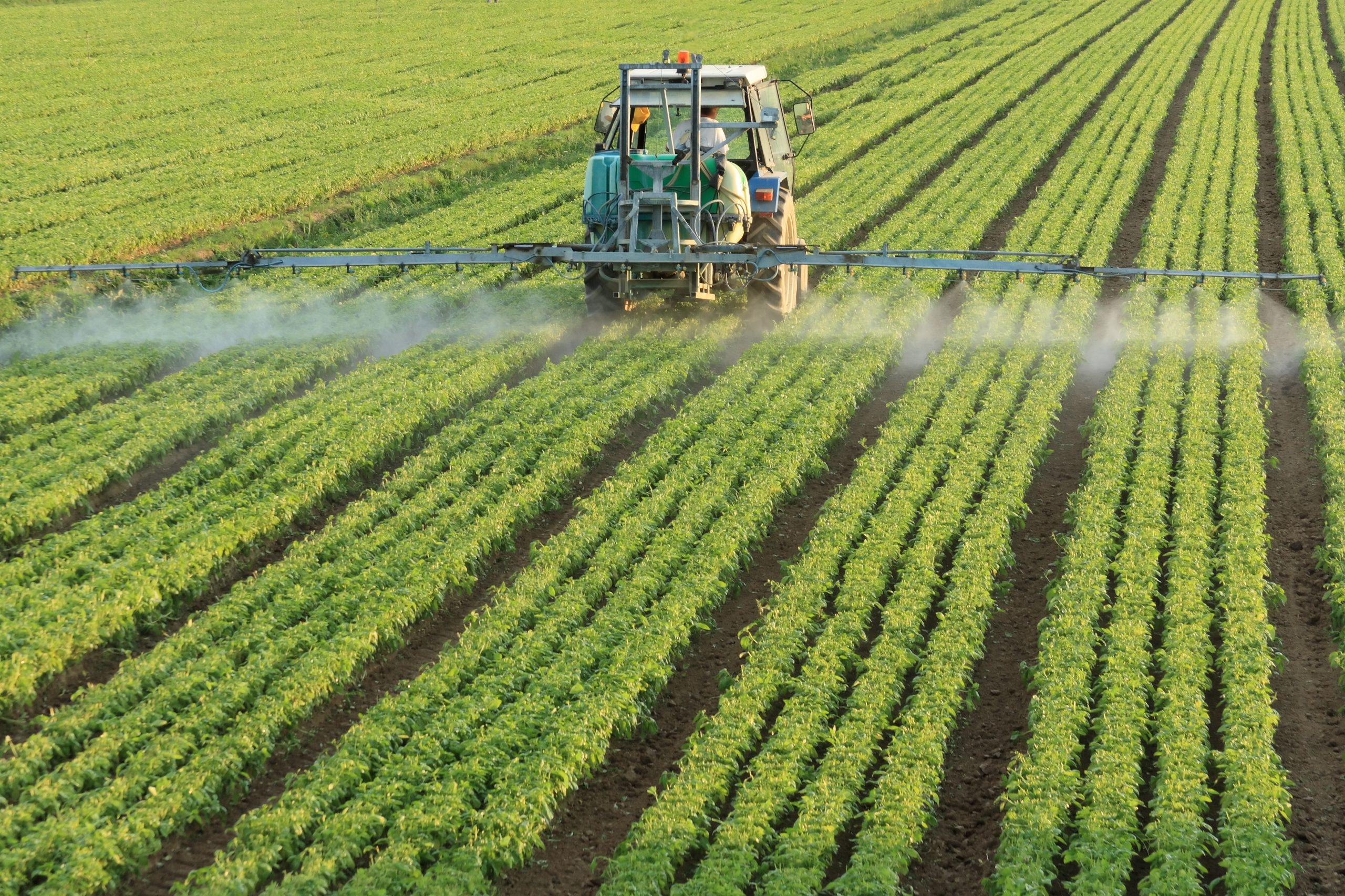By Steve Davies, Rebekah Alvey, Noah Wicks, and Philip Brasher
Two major farm groups have allied with the American Petroleum Institute (API) to challenge the Environmental Protection Agency’s (EPA) tailpipe emissions standards for 2027-2032. The coalition argues that the new regulations effectively mandate the adoption of electric vehicles (EVs), a move they believe could have far-reaching economic implications for both the agricultural and petroleum sectors.
The new EPA standards are designed to drastically reduce greenhouse gas (GHG) emissions, a critical component of the Biden administration’s climate change agenda. However, opponents argue that the rules are impractical and overly burdensome. They contend that the standards favor electric vehicles at the expense of traditional internal combustion engine (ICE) vehicles, which are still widely used in the agricultural industry.
Senator Chuck Grassley, a prominent advocate for the agricultural community, has voiced his support for the challenge. Grassley argues that the regulations could increase operational costs for farmers, who rely heavily on conventional vehicles and machinery. “The EPA’s one-size-fits-all approach doesn’t take into account the unique needs of the agricultural sector,” Grassley stated. “These standards could lead to higher costs for farmers and ultimately for consumers.”
The International Dairy Foods Association (IDFA), representing dairy producers and processors, has also joined the coalition. IDFA President Matt Herrick highlighted concerns over the potential impact on the dairy industry, which relies on a complex supply chain involving numerous ICE vehicles for transportation and logistics. “Our industry is committed to sustainability, but we need solutions that are practical and economically viable,” Herrick said.
Harold Wolle, representing another major farm group, emphasized the importance of balancing environmental goals with economic realities. “While we support efforts to reduce emissions, we must ensure that these policies do not disproportionately harm our farmers and the rural economy,” Wolle stated.
The challenge also includes voices from the dairy alternatives sector, such as Oatly, which is concerned about the broader market implications. The diverse coalition underscores the wide-ranging impact of the EPA’s proposed standards across different segments of the agricultural and food industries.
The EPA, however, remains steadfast in its commitment to reducing emissions and promoting cleaner technologies. Agency officials argue that the new standards are essential for addressing climate change and improving public health. “Transitioning to cleaner vehicles is a necessary step in our fight against climate change,” an EPA spokesperson stated. “We are committed to working with all stakeholders to ensure a fair and effective implementation of these standards.”
The legal challenge is expected to unfold over the coming months, with significant implications for the future of agricultural and environmental policy in the United States. As the debate continues, stakeholders from both sides will be closely watching the developments, recognizing the critical balance between environmental sustainability and economic viability.
Error




